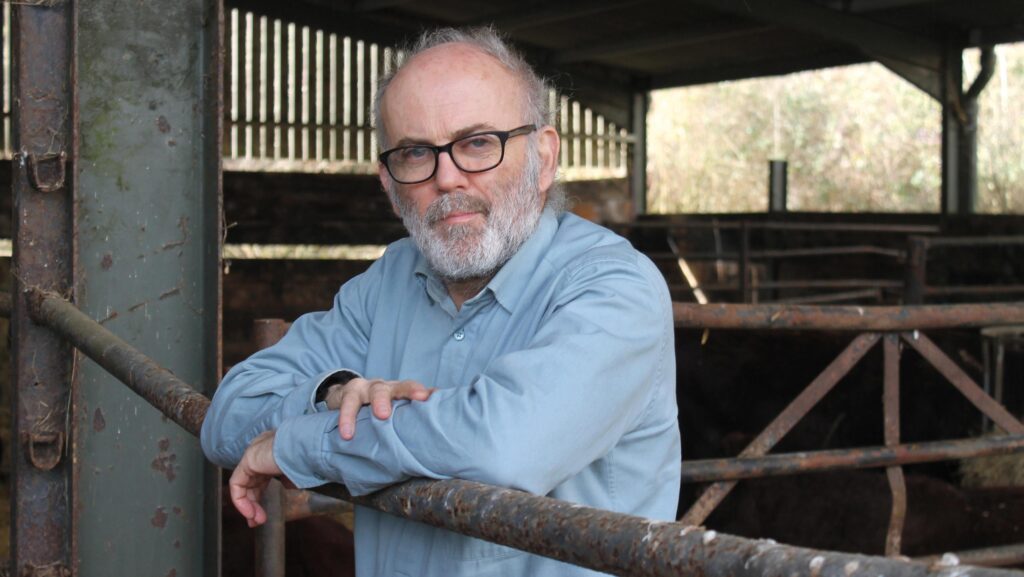Opinion: Impossible to believe game is up for my beef farming
 Stephen Carr © MAG/Philip Clarke
Stephen Carr © MAG/Philip Clarke Just as supermarket Morrisons stopped bothering to distinguish whether it was selling Australian or British beef on its website, I signed a contract to spend £85,000 on a cattle handling system for my herd of Sussex beef cattle.
Just as Asda brazenly started to sell Uruguayan beef under a “Grass and Grill” brand in its stores, I introduced a very expensive, newly acquired pedigree Sussex bull to 35 maiden heifers.
So, just as the UK market is opening up to potentially cheap beef imports from non-EU countries, I have made two long-term financial commitments to my beef enterprise.
See also: Opinion – the case for not taking IHT-avoiding action
Have I completely lost my mind?
I can’t really rationalise my behaviour except to say that, after 40 years of farming under the benign auspices of the CAP, I’m finding it impossible to believe that the game is up for my beef farming, despite increasingly strong evidence that, post-Brexit, it really is.
EU support through the decades
You see, during the 1980s, when I founded my suckler herd, the moment the farmgate beef price dropped below what was considered a level that offered me a profit, my beef was bought up by the EU through “intervention buying” and placed in cold stores until demand picked up and beef prices stabilised.
In the 1990s, the EU taught me to apply for the Suckler Cow Premium, the Beef Special Premium and the Extensification Premium – all headage payments whose combined worth exceeded the value of my cattle sales in any given year.
During the 2000s, I learned the joys of something called a Historic Entitlement Single Farm Payment, which paid me an annual subsidy for the cattle I’d kept under the previous subsidy system.
Then, finally, in the 2010s, as a last hurrah, Brussels threw me the lifeline of the Basic Payment Scheme (BPS) so that I could continue to tend to my cows despite the enterprise producing such thin returns that I dared not cost my own labour.
Different world post-brexit
Post-Brexit, of course, I’ve suddenly found myself in a very different world.
First, the Tories pushed through a trade deal that will soon allow tariff-free access to the UK for unlimited quantities of Australian beef.
More recently, Labour, having already stripped me of nearly all of my cherished BPS payment, has agreed that 13,000t/year of US beef can now come into the UK without any import duty.
I should not be surprised that the UK has veered towards free trade in food once freed of the constraints of the CAP.
A preference for open markets has invariably been the norm in a peacetime UK for centuries.
It was the long period of agricultural protectionism between 1940 and 2020 that has been the rare exception.
But can the behaviour of this British beef farmer, conditioned by decades of supportive EU food trade policies, adapt to the new realities?
Certainly not yet, it seems. As I write this piece, a large concrete pad that will soon support my new cattle handling system is being laid.
A new all-singing, all-dancing cattle crush is ready for delivery.
My Sussex heifers have concluded their nine-week romance with their hench suitor and await a pregnancy diagnosis from the vet.
In this small corner of England, you see, the farmer is so set in his food-producing ways, it’s as if Brexit had never happened.

